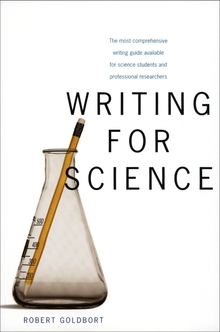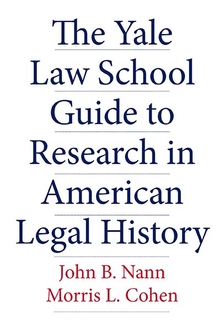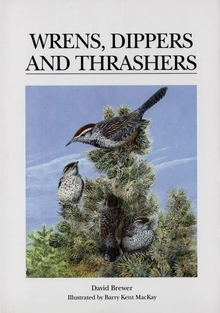Writing for Science
WARNING
You are viewing an older version of the Yalebooks website. Please visit out new website with more updated information and a better user experience: https://www.yalebooks.com
Robert Goldbort
This exceptional book encompasses the entire range of writing skills that today’s experimental scientist may need to employ. Detailed chapters cover every type of science writing, from routine forms, such as laboratory notes, abstracts, and memoranda, to the more complex writing required in dissertations, journal articles, and grant proposals. Using numerous extended examples, the book offers students and professionals alike the thorough, practical advice they need to optimize the effectiveness of their written communications.
Robert Goldbort discusses how best to approach various writing tasks as well as how to deal with the everyday complexities that may get in the way of ideal practice—difficult collaborators, experiments gone wrong, funding rejections. He underscores the importance of an ethical approach to science and scientific communication and insists on the necessity of full disclosure.
For working scientists, those seeking employment in the sciences, students taking on writing assignments or oral presentations, and professionals who hope to publish or acquire funding, this volume is an essential resource.
“This book is compendious, professionally savvy, and insistent that writers of science be ruthlessly honest about their successes and failures. Its breadth and depth are impressive.”—Ken McAllister, University of Arizona
“Goldbort addresses writing across the entire enterprise of science. His book will be useful to students and faculty across a wide range of scientific disciplines.”—Mary Arthur, University of Kentucky
"Robert Goldbort calls for an even greater change in the practice of science: Write every scientific document so that intelligent outsiders could understand it. . . . His book, Writing for Science, attempts to bring together advice on every stage of process, from laboratory notes, memoranda, and abstracts to dissertations, grant proposals, and journal articles."—Peter Monaghan, Chronicle of Higher Education
“This comprehensive guide covers the wide range of writing that scientists typically do: undergraduate reports, dissertations, laboratory notes, abstracts, journal articles, and grant proposals.”—Science News
Publication Date: November 1, 2006
12 b/w illus.








